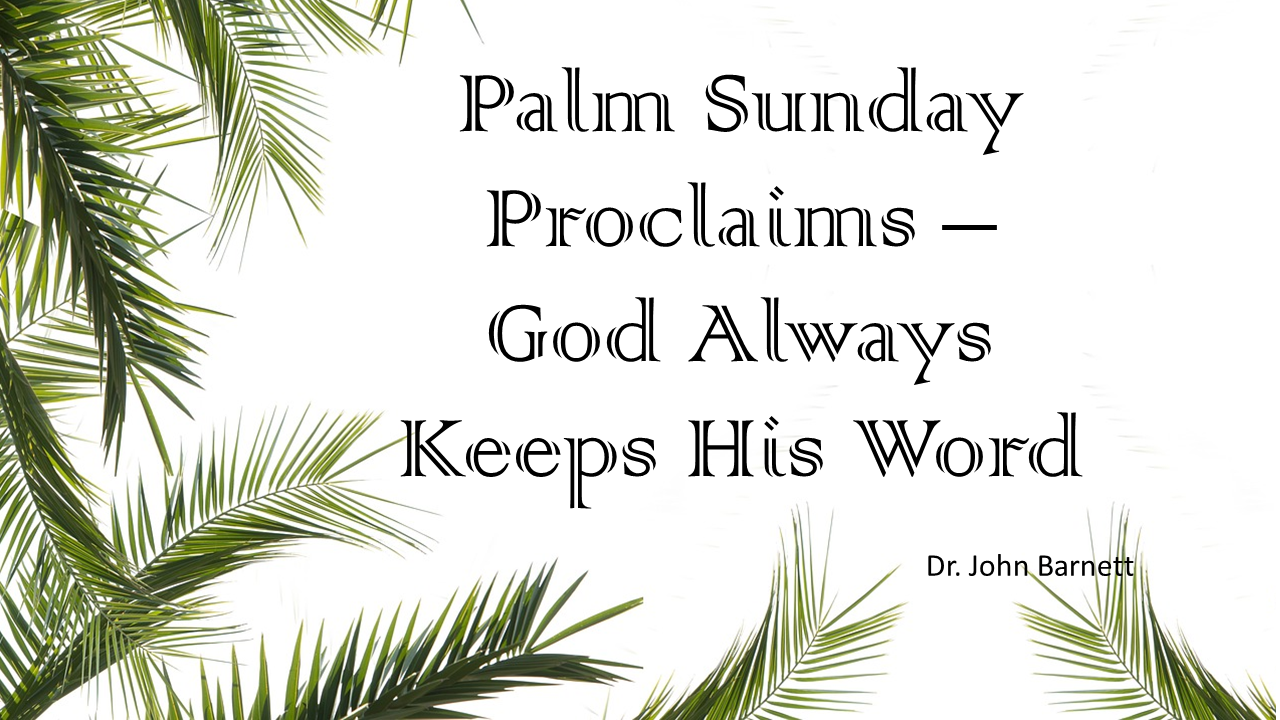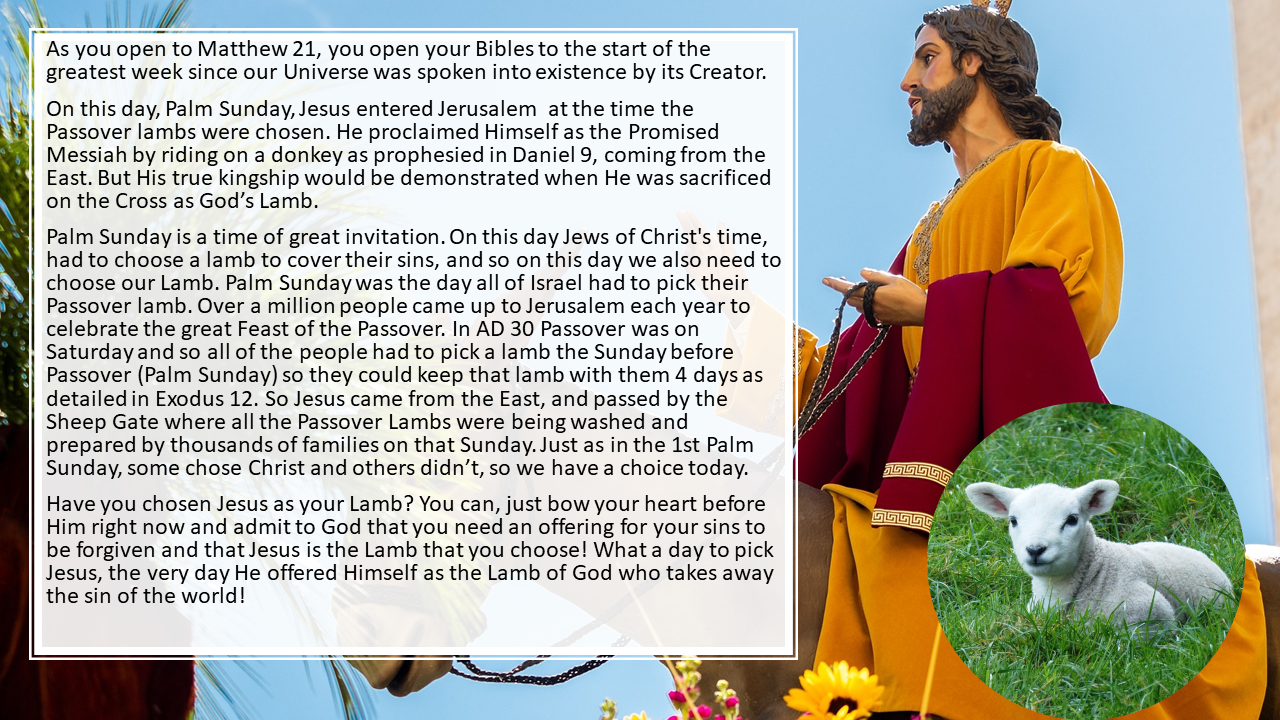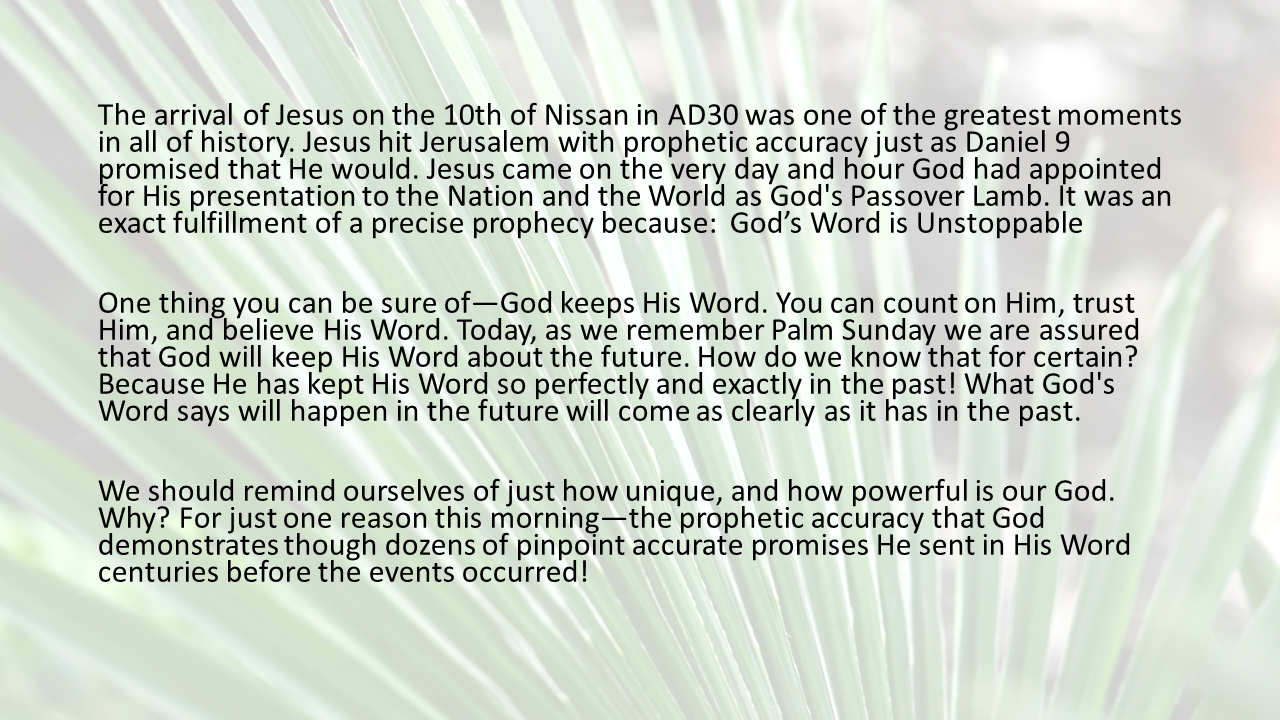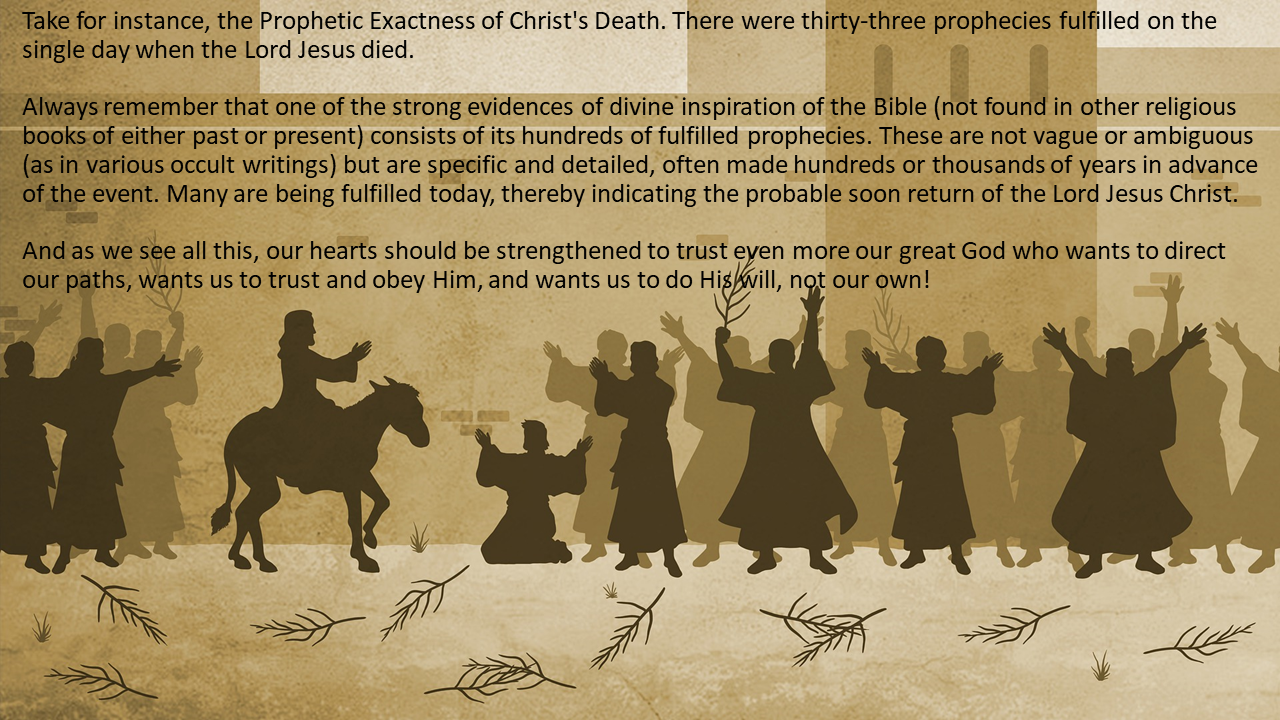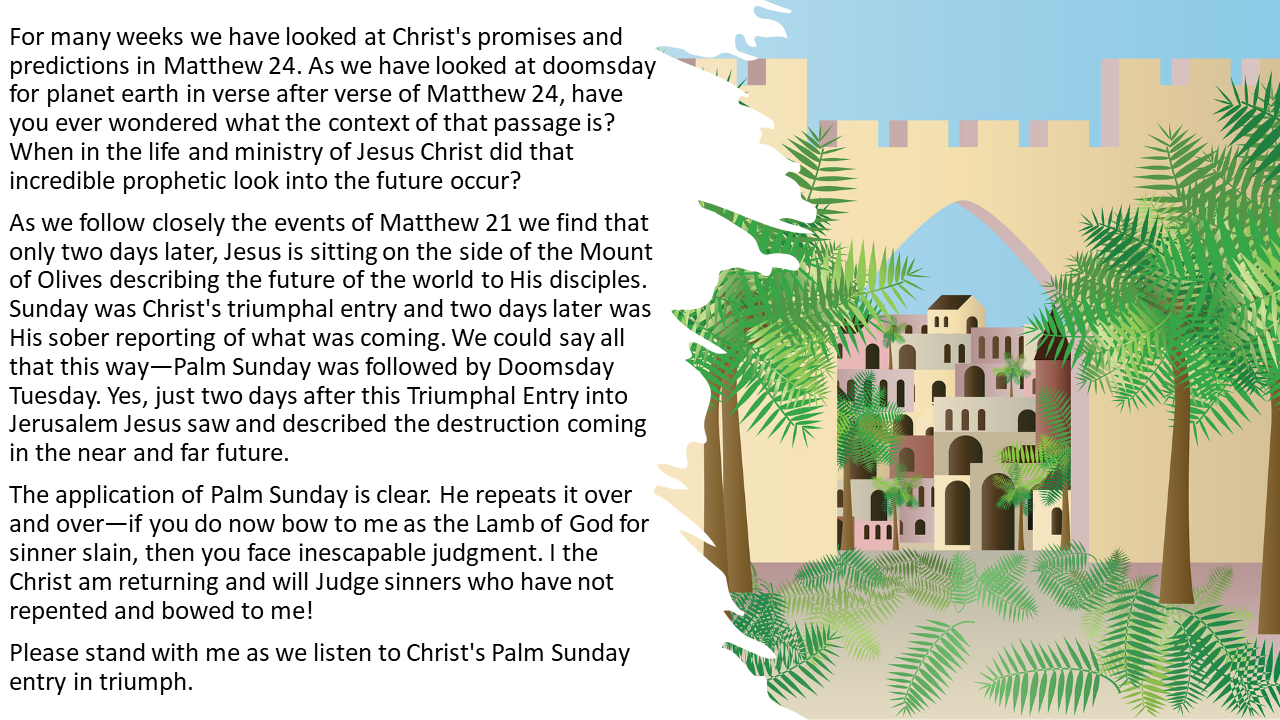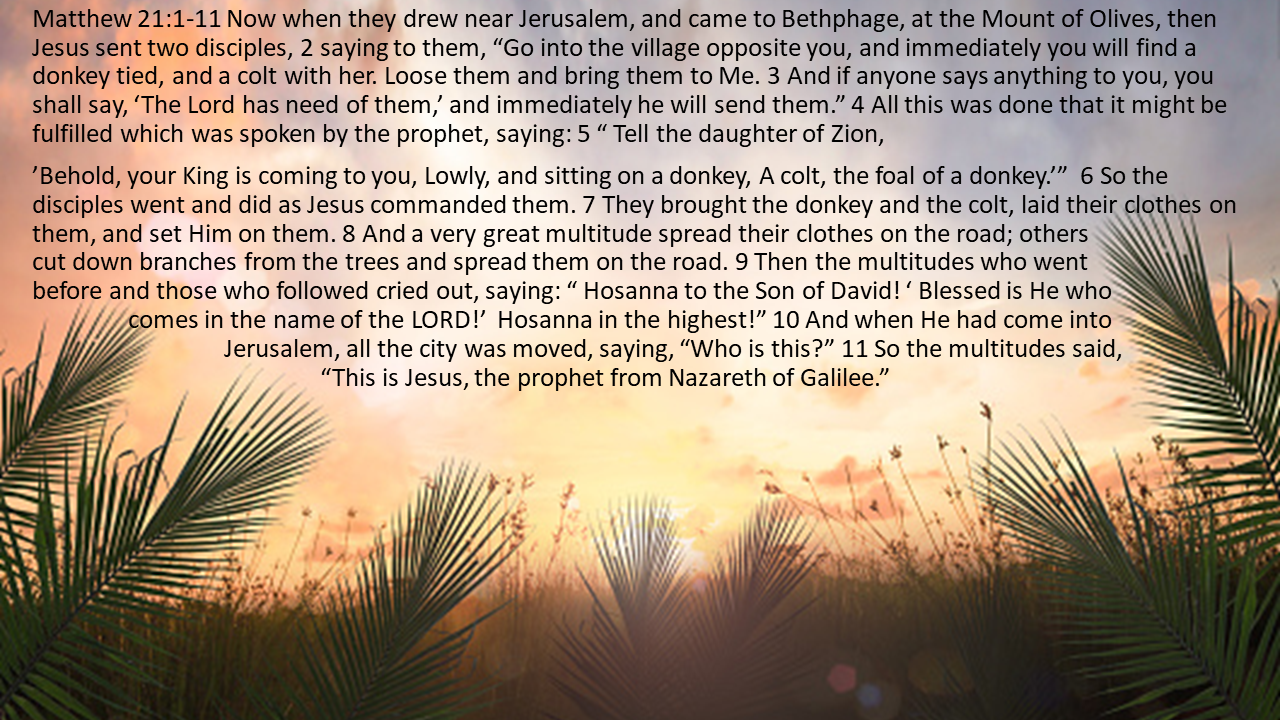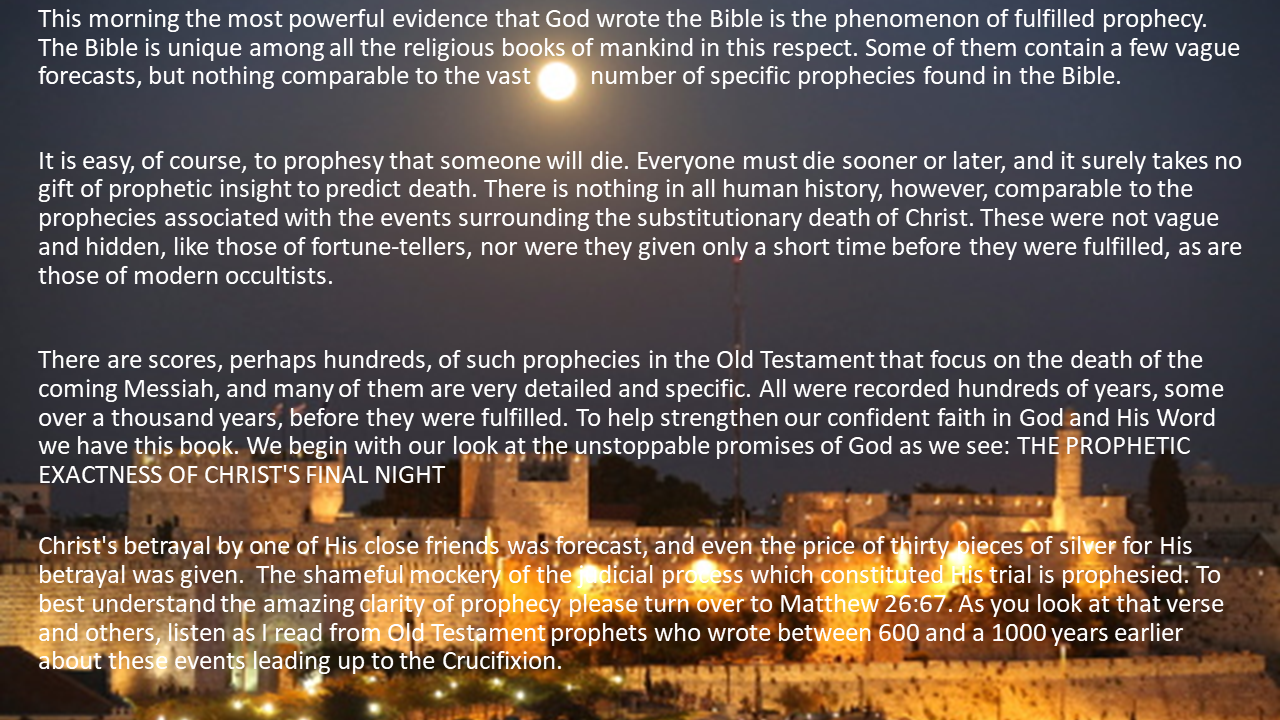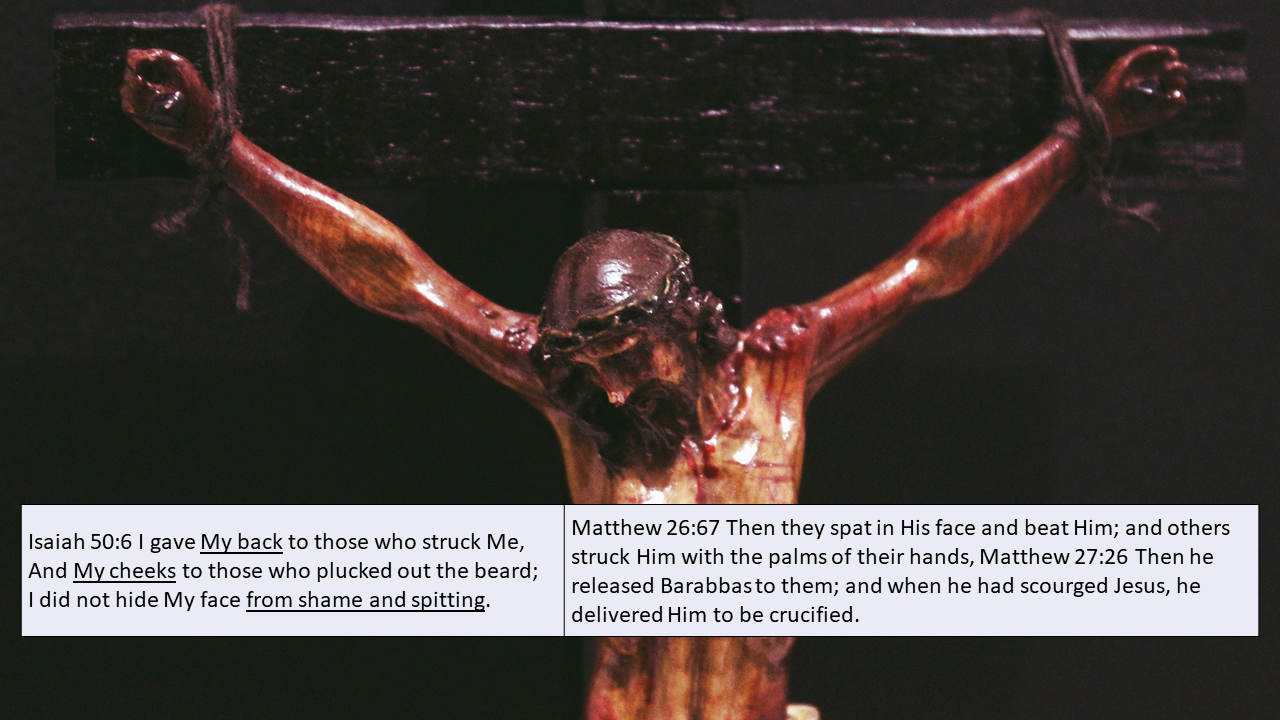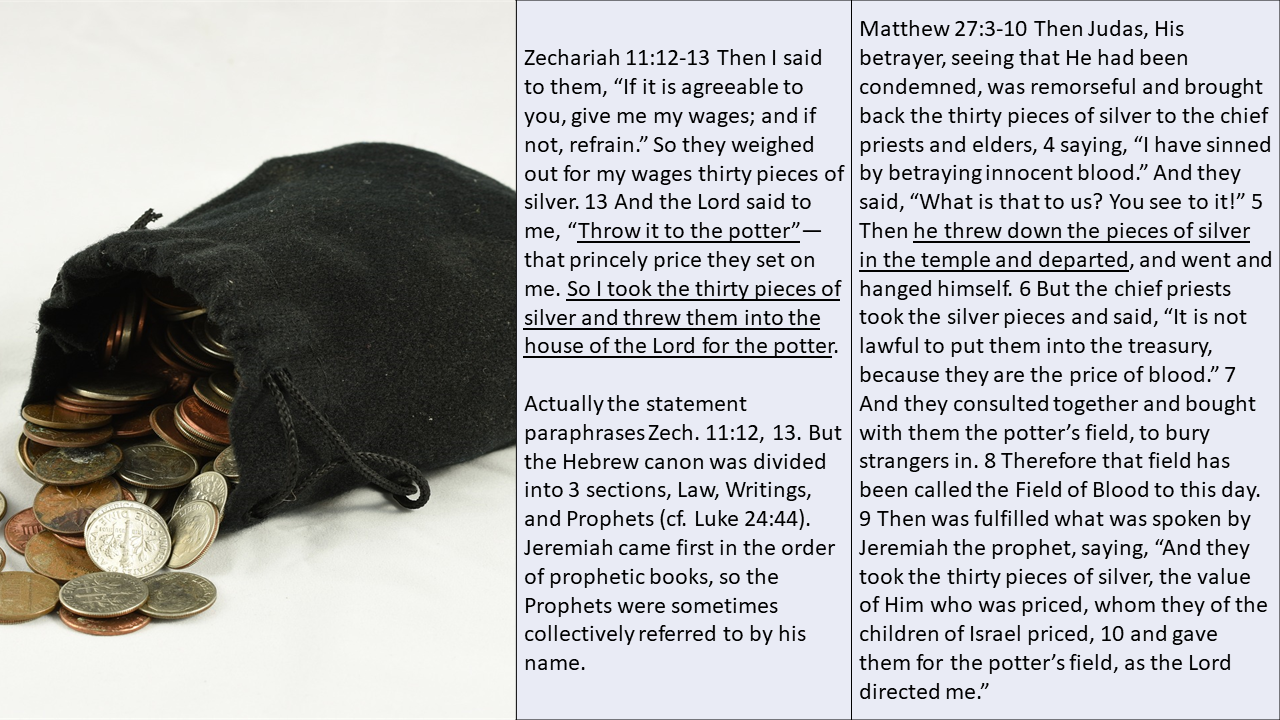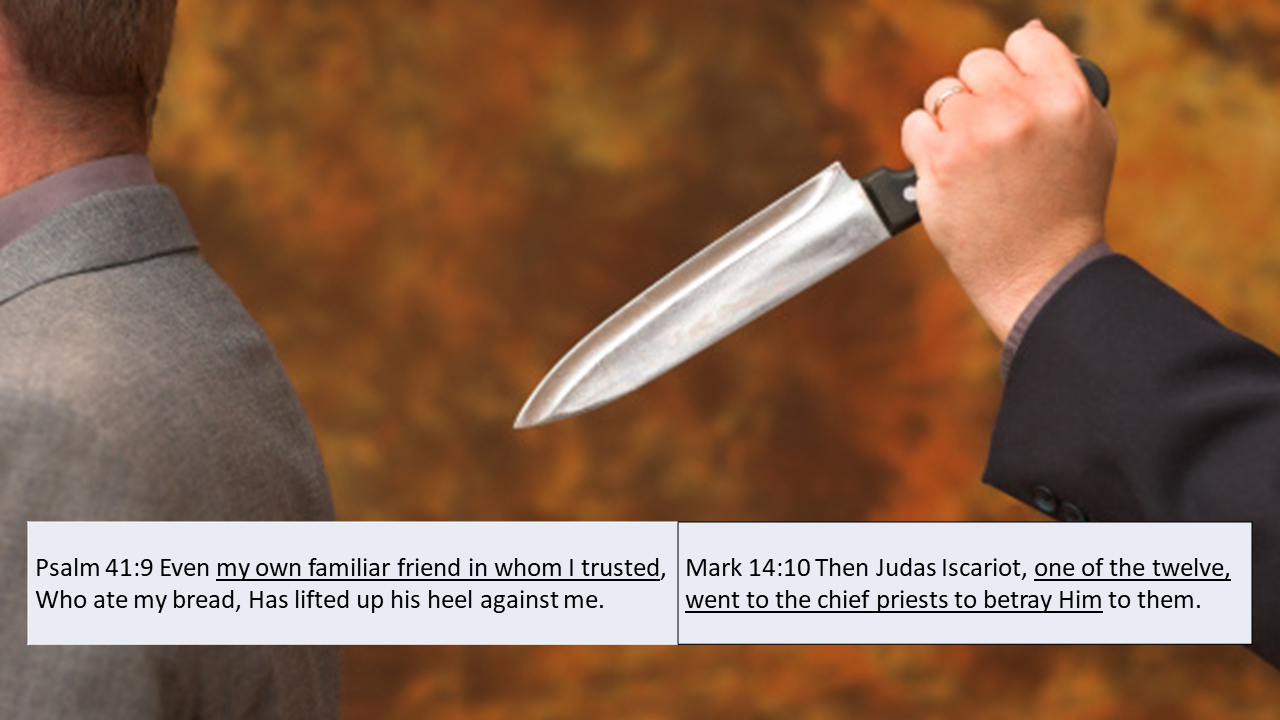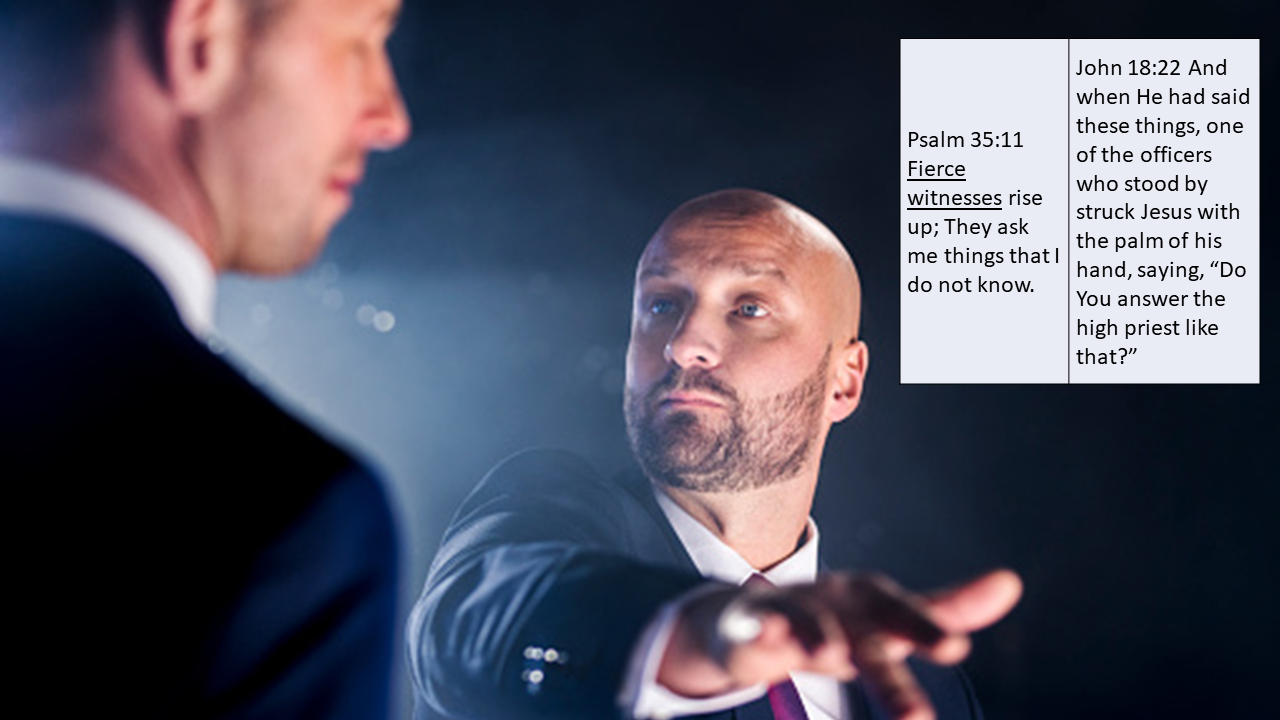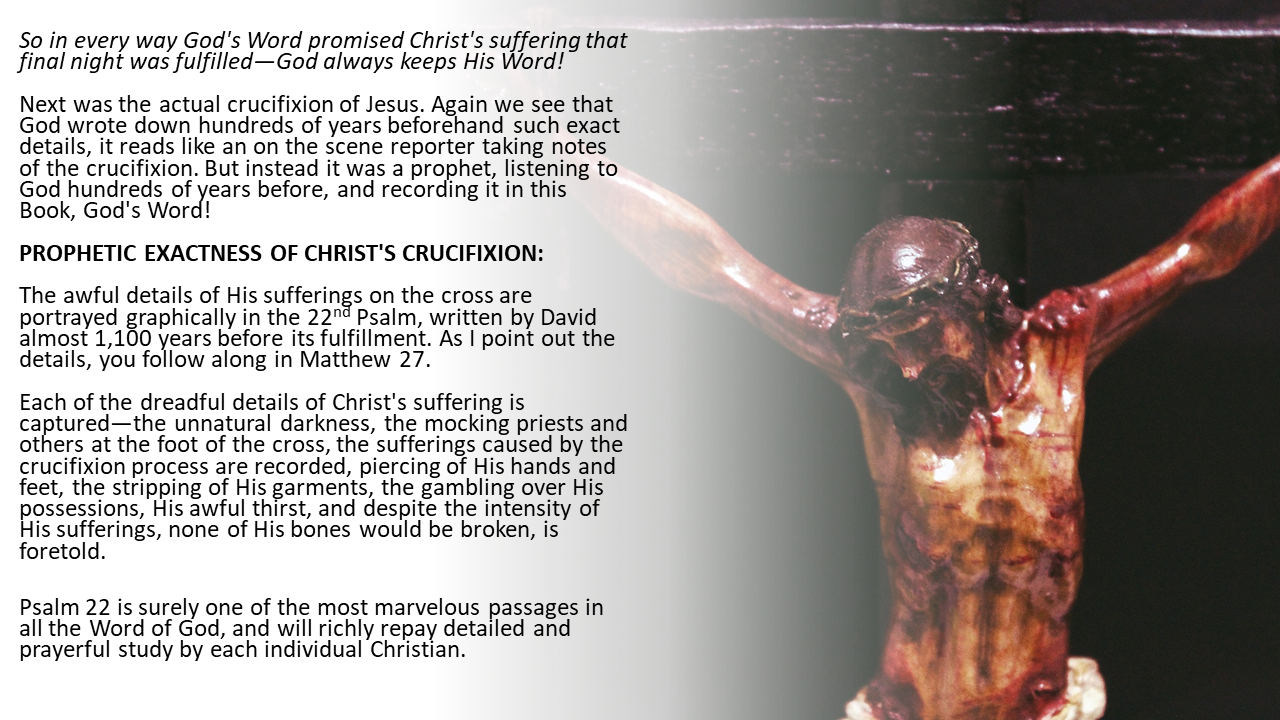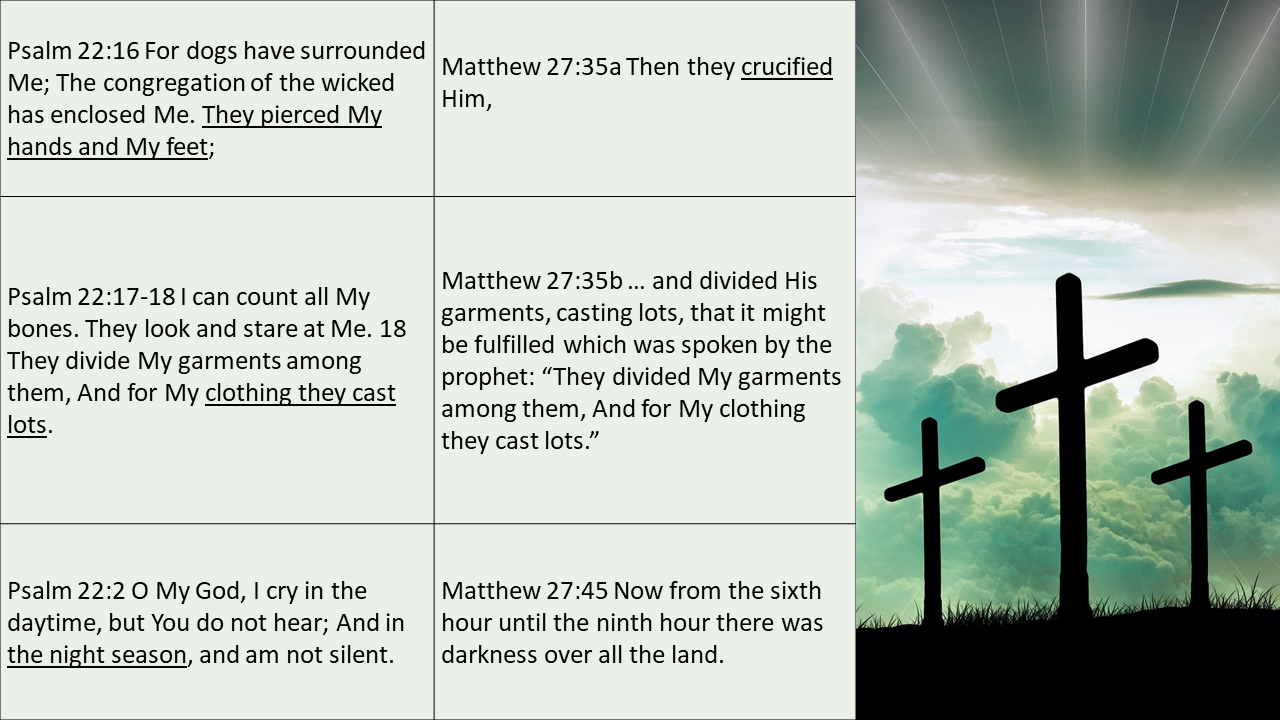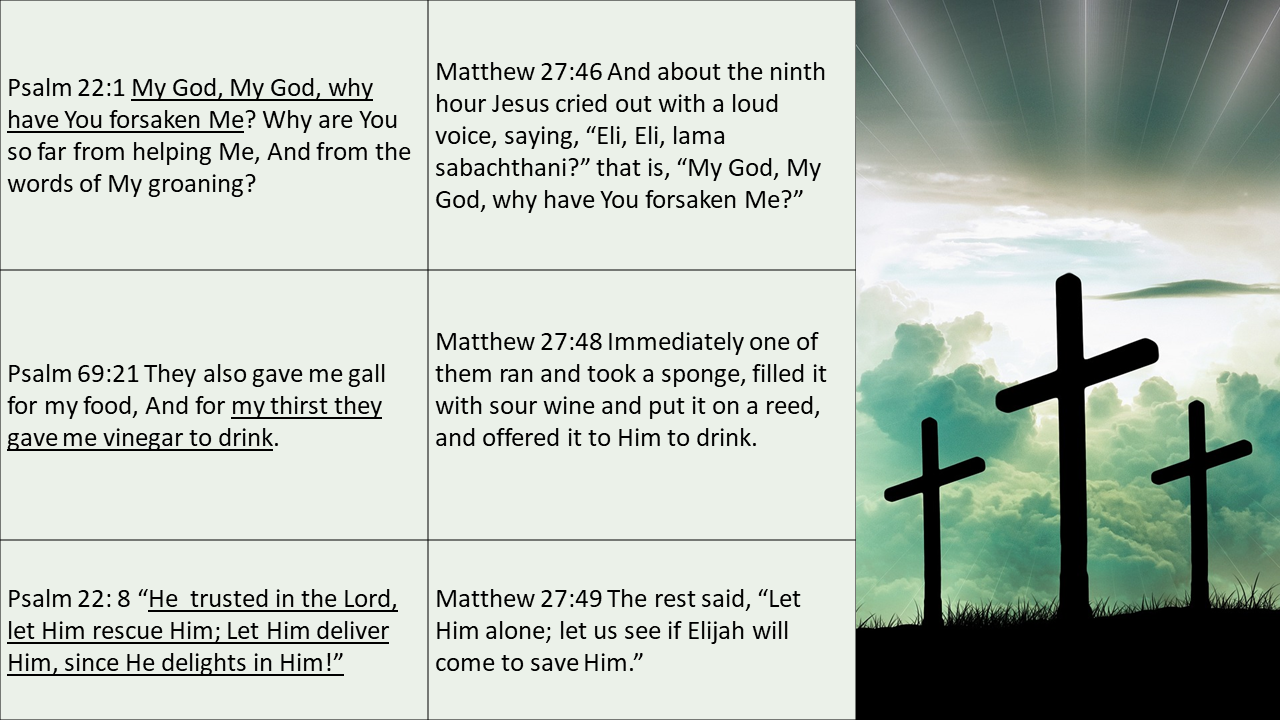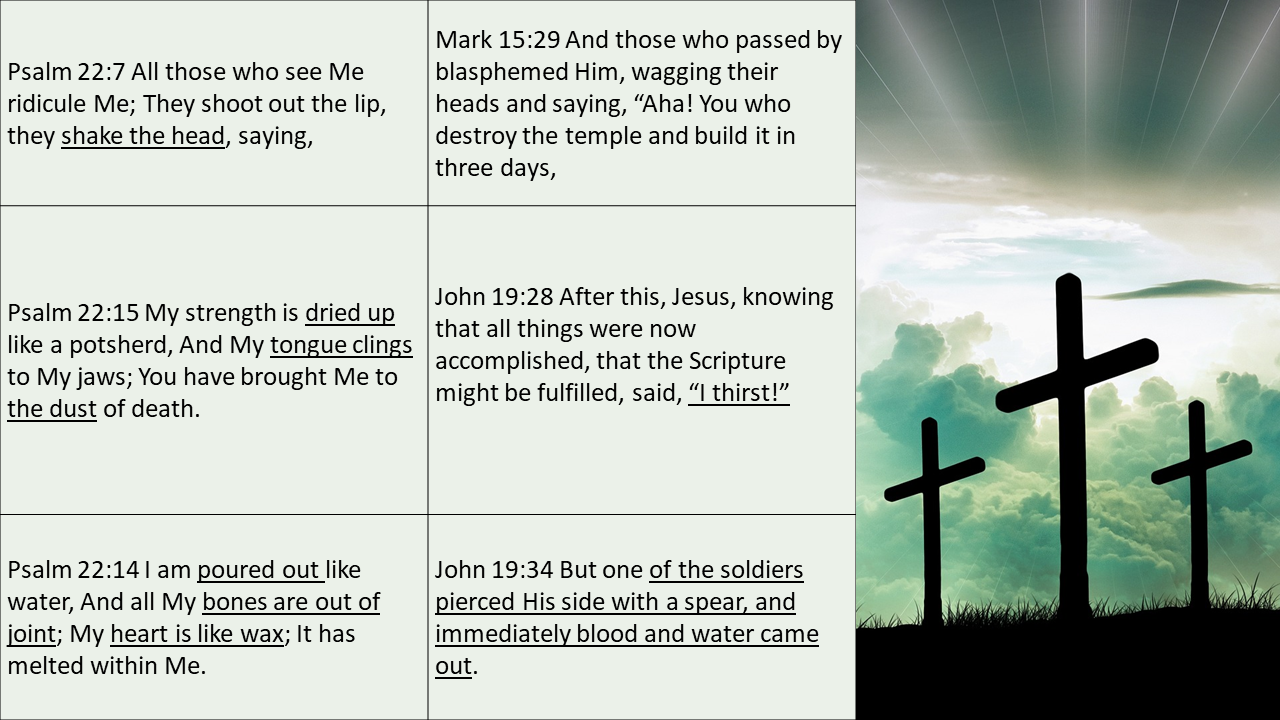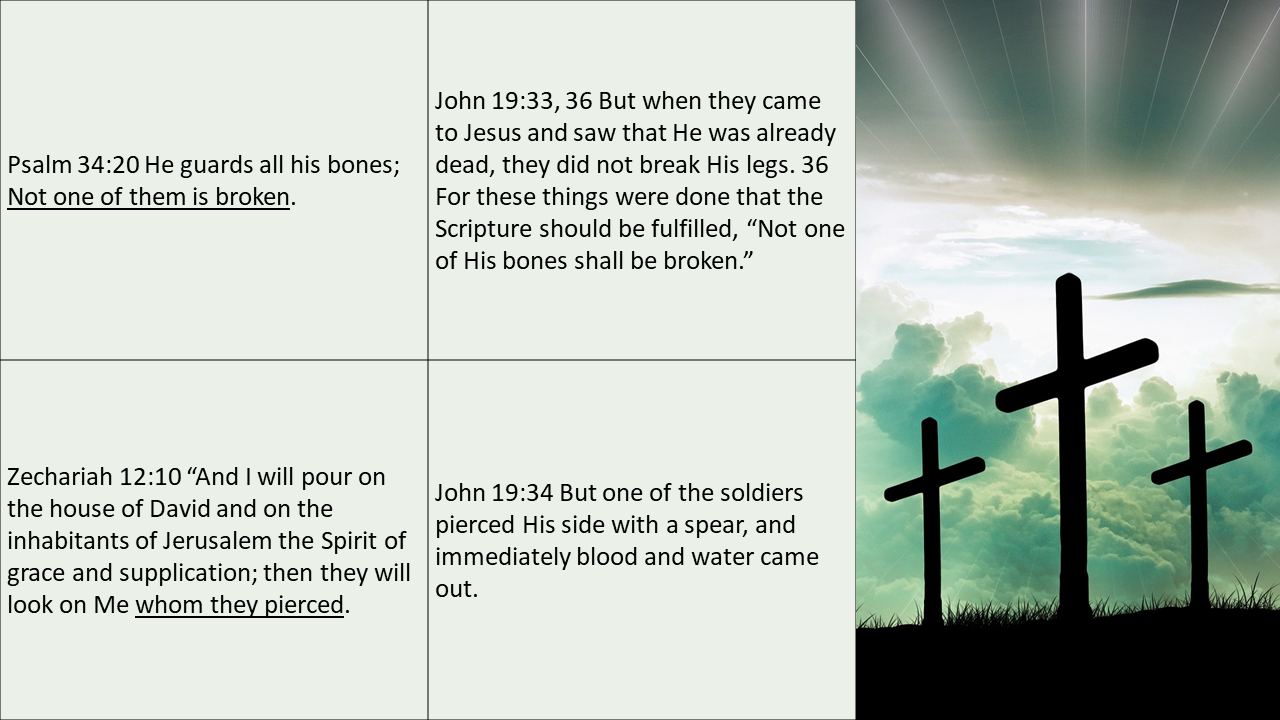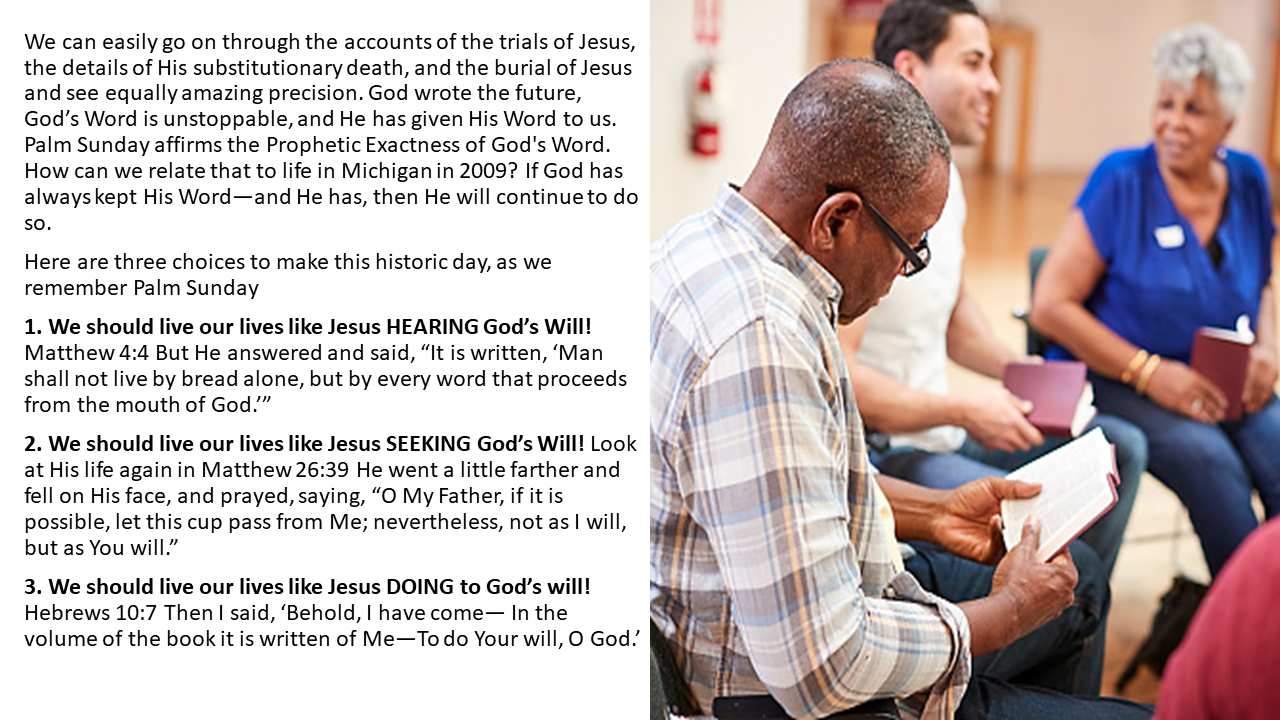As you open to Matthew 21, you open your Bibles to the start of the greatest week since our Universe was spoken into existence by its Creator.
On this day, Palm Sunday, Jesus entered Jerusalem at the time the Passover lambs were chosen. He proclaimed Himself as the Promised Messiah by riding on a donkey as prophesied in Daniel 9, coming from the East. But His true kingship would be demonstrated when He was sacrificed on the Cross as God’s Lamb.
Palm Sunday is a time of great invitation. On this day Jews of Christ’s time, had to choose a lamb to cover their sins, and so on this day we also need to choose our Lamb.
Jesus the Lamb of God
Palm Sunday was the day all of Israel had to pick their Passover lamb. Over a million people came up to Jerusalem each year to celebrate the great Feast of the Passover. In AD 30 Passover was on Saturday and so all of the people had to pick a lamb the Sunday before Passover (Palm Sunday) so they could keep that lamb with them 4 days as detailed in Exodus 12.
So Jesus came from the East, and passed by the Sheep Gate where all the Passover Lambs were being washed and prepared by thousands of families on that Sunday. Just as in the 1st Palm Sunday, some chose Christ and others didn’t, so we have a choice today.
Have you chosen Jesus as your Lamb? You can, just bow your heart before Him right now and admit to God that you need an offering for your sins to be forgiven and that Jesus is the Lamb that you choose! What a day to pick Jesus, the very day He offered Himself as the Lamb of God who takes away the sin of the world!
The arrival of Jesus on the 10th of Nissan in AD30 was one of the greatest moments in all of history. Jesus hit Jerusalem with prophetic accuracy just as Daniel 9 promised that He would. Jesus came on the very day and hour God had appointed for His presentation to the Nation and the World as God’s Passover Lamb. It was an exact fulfillment of a precise prophecy because:
God’s Word is Unstoppable
One thing you can be sure of—God keeps His Word.
You can count on Him, trust Him, and believe His Word. Today, as we remember Palm Sunday we are assured that God will keep His Word about the future. How do we know that for certain? Because He has kept His Word so perfectly and exactly in the past!
What God’s Word says will happen in the future will come as clearly as it has in the past.
We should remind ourselves of just how unique, and how powerful is our God. Why? For just one reason this morning—the prophetic accuracy that God demonstrates though dozens of pinpoint accurate promises He sent in His Word centuries before the events occurred!
Take for instance, the Prophetic Exactness of Christ’s Death. There were thirty-three prophecies fulfilled on the single day when the Lord Jesus died.
Always remember that one of the strong evidences of divine inspiration of the Bible (not found in other religious books of either past or present) consists of its hundreds of fulfilled prophecies. These are not vague or ambiguous (as in various occult writings) but are specific and detailed, often made hundreds or thousands of years in advance of the event. Many are being fulfilled today, thereby indicating the probable soon return of the Lord Jesus Christ.
And as we see all this, our hearts should be strengthened to trust even more our great God who wants to direct our paths, wants us to trust and obey Him, and wants us to do His will, not our own!
Christ’s Final Week
For many weeks we have looked at Christ’s promises and predictions in Matthew 24. As we have looked at doomsday for planet earth in verse after verse of Matthew 24, have you ever wondered what the context of that passage is? When in the life and ministry of Jesus Christ did that incredible prophetic look into the future occur?
As we follow closely the events of Matthew 21 we find that only two days later, Jesus is sitting on the side of the Mount of Olives describing the future of the world to His disciples. Sunday was Christ’s triumphal entry and two days later was His sober reporting of what was coming.
We could say all that this way—Palm Sunday was followed by Doomsday Tuesday.
Yes, just two days after this Triumphal Entry into Jerusalem Jesus saw and described the destruction coming in the near and far future.
The application of Palm Sunday is clear.
He repeats it over and over—if you do now bow to me as the Lamb of God for sinner slain, then you face inescapable judgment. I the Christ am returning and will Judge sinners who have not repented and bowed to me!
Please stand with me as we listen to Christ’s Palm Sunday entry in triumph.
Matthew 21:1-11 Now when they drew near Jerusalem, and came to Bethphage, at the Mount of Olives, then Jesus sent two disciples, 2 saying to them, “Go into the village opposite you, and immediately you will find a donkey tied, and a colt with her. Loose them and bring them to Me. 3 And if anyone says anything to you, you shall say, ‘The Lord has need of them,’ and immediately he will send them.” 4 All this was done that it might be fulfilled which was spoken by the prophet, saying: 5 “ Tell the daughter of Zion,
’Behold, your King is coming to you, Lowly, and sitting on a donkey, A colt, the foal of a donkey.’” 6 So the disciples went and did as Jesus commanded them. 7 They brought the donkey and the colt, laid their clothes on them, and set Him on them. 8 And a very great multitude spread their clothes on the road; others cut down branches from the trees and spread them on the road. 9 Then the multitudes who went before and those who followed cried out, saying: “ Hosanna to the Son of David! ‘ Blessed is He who comes in the name of the LORD!’ Hosanna in the highest!” 10 And when He had come into Jerusalem, all the city was moved, saying, “Who is this?” 11 So the multitudes said, “This is Jesus, the prophet from Nazareth of Galilee.”
Pray
This morning the most powerful evidence that God wrote the Bible is the phenomenon of fulfilled prophecy. The Bible is unique among all the religious books of mankind in this respect. Some of them contain a few vague forecasts, but nothing comparable to the vast number of specific prophecies found in the Bible.
It is easy, of course, to prophesy that someone will die. Everyone must die sooner or later, and it surely takes no gift of prophetic insight to predict death.
There is nothing in all human history, however, comparable to the prophecies associated with the events surrounding the substitutionary death of Christ. These were not vague and hidden, like those of fortune-tellers, nor were they given only a short time before they were fulfilled, as are those of modern occultists.
There are scores, perhaps hundreds, of such prophecies in the Old Testament that focus on the death of the coming Messiah, and many of them are very detailed and specific. All were recorded hundreds of years, some over a thousand years, before they were fulfilled. To help strengthen our confident faith in God and His Word we have this book. We begin with our look at the unstoppable promises of God as we see:
THE PROPHETIC EXACTNESS OF CHRIST’S FINAL NIGHT
Christ’s betrayal by one of His close friends was forecast, and even the price of thirty pieces of silver for His betrayal was given. The shameful mockery of the judicial process which constituted His trial is prophesied.
To best understand the amazing clarity of prophecy please turn over to Matthew 26:67. As you look at that verse and others, listen as I read from Old Testament prophets who wrote between 600 and a 1000 years earlier about these events leading up to the Crucifixion.
I read Congregation look up
Isaiah 50:6 I gave My back to those who struck Me, And My cheeks to those who plucked out the beard; I did not hide My face from shame and spitting. Ma
tthew 26:67 Then they spat in His face and beat Him; and others struck Him with the palms of their hands, Matthew 27:26 Then he released Barabbas to them; and when he had scourged Jesus, he delivered Him to be crucified.
Zechariah 11:12-13 Then I said to them, “If it is agreeable to you, give me my wages; and if not, refrain.” So they weighed out for my wages thirty pieces of silver. 13 And the Lord said to me, “Throw it to the potter”—that princely price they set on me. So I took the thirty pieces of silver and threw them into the house of the Lord for the potter.
Actually the statement paraphrases Zech. 11:12, 13. But the Hebrew canon was divided into 3 sections, Law, Writings, and Prophets (cf. Luke 24:44). Jeremiah came first in the order of prophetic books, so the Prophets were sometimes collectively referred to by his name. Matthew 27:3-10 Then Judas, His betrayer, seeing that He had been condemned, was remorseful and brought back the thirty pieces of silver to the chief priests and elders, 4 saying, “I have sinned by betraying innocent blood.” And they said, “What is that to us? You see to it!” 5 Then he threw down the pieces of silver in the temple and departed, and went and hanged himself. 6 But the chief priests took the silver pieces and said, “It is not lawful to put them into the treasury, because they are the price of blood.” 7 And they consulted together and bought with them the potter’s field, to bury strangers in. 8 Therefore that field has been called the Field of Blood to this day. 9 Then was fulfilled what was spoken by Jeremiah the prophet, saying, “And they took the thirty pieces of silver, the value of Him who was priced, whom they of the children of Israel priced, 10 and gave them for the potter’s field, as the Lord directed me.”
Psalm 41:9 Even my own familiar friend in whom I trusted, Who ate my bread, Has lifted up his heel against me. Mark 14:10 Then Judas Iscariot, one of the twelve, went to the chief priests to betray Him to them.
Psalm 35:11 Fierce witnesses rise up; They ask me things that I do not know. John 18:22 And when He had said these things, one of the officers who stood by struck Jesus with the palm of his hand, saying, “Do You answer the high priest like that?”
So in every way God’s Word promised Christ’s suffering that final night was fulfilled—God always keeps His Word!
Next was the actual crucifixion of Jesus. Again we see that God wrote down hundreds of years beforehand such exact details, it reads like an on the scene reporter taking notes of the crucifixion. But instead it was a prophet, listening to God hundreds of years before, and recording it in this Book, God’s Word!
PROPHETIC EXACTNESS OF CHRIST’S CRUCIFIXION:
The awful details of His sufferings on the cross are portrayed graphically in the 22nd Psalm, written by David almost 1,100 years before its fulfillment. As I point out the details, you follow along in Matthew 27.
Each of the dreadful details of Christ’s suffering is captured—the unnatural darkness, the mocking priests and others at the foot of the cross, the sufferings caused by the crucifixion process are recorded, piercing of His hands and feet, the stripping of His garments, the gambling over His possessions, His awful thirst, and despite the intensity of His sufferings, none of His bones would be broken, is foretold.
Psalm 22 is surely one of the most marvelous passages in all the Word of God, and will richly repay detailed and prayerful study by each individual Christian. First look at Matthew 27:35:
I read Congregation look up
Psalm 22:16 For dogs have surrounded Me; The congregation of the wicked has enclosed Me. They pierced My hands and My feet; Matthew 27:35a Then they crucified Him,
Psalm 22:17-18 I can count all My bones. They look and stare at Me. 18 They divide My garments among them, And for My clothing they cast lots. Matthew 27:35b … and divided His garments, casting lots, that it might be fulfilled which was spoken by the prophet: “They divided My garments among them, And for My clothing they cast lots.”
Psalm 22:2 O My God, I cry in the daytime, but You do not hear; And in the night season, and am not silent. Matthew 27:45 Now from the sixth hour until the ninth hour there was darkness over all the land.
Psalm 22:1 My God, My God, why have You forsaken Me? Why are You so far from helping Me, And from the words of My groaning? Matthew 27:46 And about the ninth hour Jesus cried out with a loud voice, saying, “Eli, Eli, lama sabachthani?” that is, “My God, My God, why have You forsaken Me?”
Psalm 69:21 They also gave me gall for my food, And for my thirst they gave me vinegar to drink. Matthew 27:48 Immediately one of them ran and took a sponge, filled it with sour wine and put it on a reed, and offered it to Him to drink.
Psalm 22: 8 “He trusted in the Lord, let Him rescue Him; Let Him deliver Him, since He delights in Him!” Matthew 27:49 The rest said, “Let Him alone; let us see if Elijah will come to save Him.”
Psalm 22:7 All those who see Me ridicule Me; They shoot out the lip, they shake the head, saying, Mark 15:29 And those who passed by blasphemed Him, wagging their heads and saying, “Aha! You who destroy the temple and build it in three days,
Psalm 22:15 My strength is dried up like a potsherd, And My tongue clings to My jaws; You have brought Me to the dust of death. John 19:28 After this, Jesus, knowing that all things were now accomplished, that the Scripture might be fulfilled, said, “I thirst!”
Psalm 22:14 I am poured out like water, And all My bones are out of joint; My heart is like wax; It has melted within Me. John 19:34 But one of the soldiers pierced His side with a spear, and immediately blood and water came out.
Psalm 34:20 He guards all his bones; Not one of them is broken. John 19:33, 36 But when they came to Jesus and saw that He was already dead, they did not break His legs. 36 For these things were done that the Scripture should be fulfilled, “Not one of His bones shall be broken.”
Zechariah 12:10 “And I will pour on the house of David and on the inhabitants of Jerusalem the Spirit of grace and supplication; then they will look on Me whom they pierced. John 19:34 But one of the soldiers pierced His side with a spear, and immediately blood and water came out.
So in every way God’s Word promised Christ’s death by Crucifixion was fulfilled—God always keeps His Word!
We can easily go on through the accounts of the trials of Jesus, the details of His substitutionary death, and the burial of Jesus and see equally amazing precision. God wrote the future, God’s Word is unstoppable, and He has given His Word to us.
So, as we have seen all this, ask yourself:
o Is your heart strengthened to trust even more our great God?
o Do you want to follow Him who wants to direct our paths?
o Will we trust and obey Him who wants us to do His will, not our own?
So Palm Sunday affirms the Prophetic Exactness of God’s Word. How can we relate that to life in Michigan in 2009? If God has always kept His Word—and He has, then He will continue to do so.
Here are three choices to make this historic day, as we remember Palm Sunday
1. We should live our lives like Jesus HEARING God’s Will! Matthew 4:4 But He answered and said, “It is written, ‘Man shall not live by bread alone, but by every word that proceeds from the mouth of God.’”
2. We should live our lives like Jesus SEEKING God’s Will! Look at His life again in Matthew 26:39 H
e went a little farther and fell on His face, and prayed, saying, “O My Father, if it is possible, let this cup pass from Me; nevertheless, not as I will, but as You will.”
3. We should live our lives like Jesus DOING to God’s will! Hebrews 10:7 Then I said, ‘Behold, I have come— In the volume of the book it is written of Me—To do Your will, O God.’ ”
Palm Sunday was the day all of Israel had to pick their Passover lamb.
Just as in the 1st Palm Sunday, some chose Christ and others didn’t, so we have a choice today.
Have you chosen Jesus as your Lamb? You can, just bow your heart before Him right now and admit to God that you need an offering for your sins to be forgiven and that Jesus is the Lamb that you choose!
What a day to pick Jesus, the very day He offered Himself as the Lamb of God who takes away the sin of the world!
Appendix for Further Study:
PROPHETIC EXACTNESS IN THE SUBSTITUTIONARY DEATH OF Christ The 53rd chapter of Isaiah (actually beginning at Isaiah 52:13) is also a marvelous chapter devoted to the future death of the Savior, written by Isaiah 750 years before it came to pass. Especially emphasized in this chapter (which is quoted in at least six different places in the New Testament) is the fact that the death of the Messiah would be a substitutionary death, offered up in sacrificial substitution for the sins of others. Turn there with me please, to Isaiah 53.
Paul summarizes the Gospel as “He gave Himself for me” (Galatians 2:20b). This emphasis on substitutionary suffering is repeated over and over in Isaiah 53. It says, for example, that:
• v. 4 “He hath borne our griefs and carried our sorrows”.
• v. 5 “He was wounded for our transgressions, bruised for our iniquities, chastised for our peace, and striped for our healing”.
• v. 6 says “The Lord hath laid on Him the iniquity of us all.”
• v. 11 says “He shall bear their iniquities,”.
• v. 12 that “He was numbered with the transgressors, and bare the sin of many, and made intercession for the transgressors.”
Also we can see the PROPHETIC EXACTNESS IN THE DETAILS OF CHRIST’S TRIALS AND DEATH: The details of His trial and death are also given in this chapter.
• The abuse He bore at the hands of the soldiers and others is graphically portrayed in 52:14: “His visage was so marred more than any man, and His form more than the sons of men.”
• The serenity He exhibited before His accusers at His trial is predicted in 53:7, “He was oppressed and He was afflicted, Yet He opened not His mouth; He was led as a lamb to the slaughter, And as a sheep before its shearers is silent, So He opened not His mouth.”
• The verdict of that mock trial is given in verse 8, “He was taken from prison and from judgment, And who will declare His generation? For He was cut off from the land of the living; For the transgressions of My people He was stricken.”
• Then, death with the criminals, and His burial by a rich man, is recorded in verse 9, “And they made His grave with the wicked—But with the rich at His death, Because He had done no violence, Nor was any deceit in His mouth.”
o Finally, Christ’s resurrection from the grave is promised in verse 10: “He shall see His seed, He shall prolong His days.”
So in every way God’s Word promised Christ’s death was fulfilled—God always keeps His Word!
The Prophetic Exactness of Christ’s Burial
The great defining passage on the Gospel is 1 Corinthians 15:1-4. Here, the Gospel is defined as the good news that “Christ died for our sins according to the scriptures; And that He was buried, and that He rose again the third day according to the scriptures.” Thus the Gospel involves three main parts—the death, burial and resurrection of Jesus Christ—and further emphasizes his post-resurrection physical appearances in confirmation thereof.
So the Gospel we declare affirms that it is absolutely vital for all men to know beyond any doubt that it was the human Jesus who rose from the grave. Therefore, it must be certain that His body was carefully buried after His death, and that this burial was known to all, both friend and foe. Then, on the great morning when He arose from the dead, the emptied tomb would stand forever as the infallible proof of His bodily resurrection. Look at Matthew 27:62-66.
PROPHETIC EXACTNESS IN THOSE WHO BURIED CHRIST’S BODY:
Matthew 27:62-66 On the next day, which followed the Day of Preparation, the chief priests and Pharisees gathered together to Pilate, 63 saying, “Sir, we remember, while He was still alive, how that deceiver said, ‘After three days I will rise.’ 64 Therefore command that the tomb be made secure until the third day, lest His disciples come by night and steal Him away, and say to the people, ‘He has risen from the dead.’ So the last deception will be worse than the first.” 65 Pilate said to them, “You have a guard; go your way, make it as secure as you know how.” 66 So they went and made the tomb secure, sealing the stone and setting the guard.
Such an important ministry as the burial of the body of Jesus could not be entrusted by God to the Roman soldiers, who would merely further defile it and then throw it in with the bodies of other executed criminals, nor to the Jewish authorities who would probably do even worse. Nor would these authorities have permitted it to fall into the hands of His disciples, as they were afraid they would seek to hide it and then claim He had been resurrected (Matthew 27:62-66).
1. GOD PREPARED THOSE WHO HAD AUTHORITY TO BURY CHRIST’S BODY: The solution was for God to have the body buried by one or more of the authorities themselves who were also disciples. For this purpose, God chose two of the members of the governing Jewish body, the Sanhedrin, Joseph and Nicodemus. Thus, they would have access to the necessary information about the time and circumstances of His death, they would also have access to the Roman governor in order to make the required arrangements to acquire the body before the soldiers could dispose of it, and they would have enough wealth of their own to be able to make the needed preparations for a suitable resting-place for the body until it could be raised from the dead.
2. GOD PREPARED THOSE WHO WOULD BURY CHRIST’S BODY: Of course, they would have to be prepared ahead of time for this ministry. God therefore somehow touched the heart of Nicodemus, as he listened to John the Baptist, then later to Jesus, and as He saw the miracles which Jesus did. Eventually, he made his way into the presence of Jesus one night, where the Lord spoke to him of the necessity of being born again, even though he was already the greatest “teacher in Israel” (John 3:7, 10). The Scriptures do not tell us the outcome of that interview, except that sometime later Nicodemus defended Jesus on one occasion before the Sanhedrin (John 7:50-51). Similarly, we read that Joseph did not concur in the decision of the Sanhedrin to condemn Jesus (Luke 23:50-51).
3. PROPHETIC EXACTNESS IN THE PLACE PREPARED FOR THE BURIAL OF CHRIST’S BODY: Some such background as this is necessary to understand the otherwise inexplicable prescience of Joseph. Why, for example, should he, a rich man of Arimathaea, buy a burial ground in Jerusalem instead of his own home town? And, especially, why should he purchase it in such a place as this—adjacent to the hill of Golgotha, where day after day there would come the cries of dying criminals and the wails of mourning families? Furthermore, it was a brand new tomb, not one in which others of the family had been buried (John 19:41), one that Joseph himself had hewn out in the rock (
Matthew 27:60), perhaps not wishing others even to know about its preparation.
4. PROPHETIC EXACTNESS IN THE PREPARATIONS FOR THE BURIAL OF CHRIST’S BODY: Strange also was the fact that Joseph knew exactly when Jesus died, and was immediately able to rush to Pilate with the request for His body, before others even realized He was dead (Mark 15:43-44). Even stranger was the fact that immediately thereafter came Nicodemus carrying one hundred Roman pounds (or 66 pounds in our terms, the Roman pound was 12 ounces) of ointment for the burial (one does not carry even one hundred Roman pounds very far!). Then, while the women watched from a distance, no doubt in amazement, these two respected members of the Sanhedrin gently lowered the body from the cross, wound it in the linen clothes, applied the spices and ointments, laid the body in the tomb, and then departed. Never, so far as the Biblical record goes, were they ever heard from again, but there can be no doubt that this one act cost them their positions and probably their possessions, and possibly even their lives.
So in every way God’s Word promised Christ’s burial was fulfilled—God always keeps His Word!
THE COUNTDOWN TO THE CROSS Matthew Mark Luke John
179. Jesus heals a blind beggar 20:29-34 10:46-52 18:35-43
180. Jesus brings salvation to Zacchaeus’ home 19:1-10
181. Jesus tells the parable of the king’s ten servants 19:11-27
182. A woman anoints Jesus with perfume 26:6-13 14:3-9 12:1-11
183. Sunday: Jesus rides into Jerusalem on a donkey 21:1-11 11:1-11 19:28-44 12:12-19
184. Monday: Jesus clears the temple again 21:12-17 11:12-19 19:45-48
185. Jesus explains why he must die 12:20-36
186. Most of the people do not believe in Jesus 12:37-43
187. Jesus summarizes his message 12:44-50
188. Tuesday: Jesus says the disciples can pray for anything 21:18-22 11:20-26
189. Religious leaders challenge Jesus’ authority 21:23-27 11:27-33 20:1-8
190. Jesus tells the parable of the two sons 21:28-32
191. Jesus tells the parable of the wicked farmers 21:33-46 12:1-12 20:9-19
192. Jesus tells the parable of the wedding feast 22:1-14
193. Religious leaders question Jesus about paying taxes 22:15-22 12:13-17 20:20-26
194. Religious leaders question Jesus about the resurrection 22:23-33 12:18-27 20:27-40
195. Religious leaders question Jesus about the greatest commandment 22:34-40 12:28-34
196. Religious leaders cannot answer Jesus’ question 22:41-46 12:35-37 20:41-44
197. Jesus warns against the religious leaders 23:1-12 12:38-40 20:45-47
198. Jesus condemns the religious leaders 23:13-36
199. Jesus grieves over Jerusalem again 23:37-39
200. A poor widow gives all she has 12:41-44 21:1-4
201. Jesus tells about the future 24:1-25 13:1-23 21:5-24
202. Jesus tells about his return 24:26-35 13:24-31 21:25-33
203. Jesus tells about remaining watchful 24:36-51 13:32-37 21:34-38
204. Jesus tells the parable of the ten bridesmaids 25:1-13
205. Jesus tells the parable of the loaned money 25:4-30
206. Jesus tells about the final judgment 25:31-46
207. Religious leaders plot to kill Jesus 26:1-5 14:1, 2 22:1, 2
208. Judas agrees to betray Jesus 26:14-16 14:10, 11 22:3-6
209. Disciples prepare for the Passover 26:17-19 14:12-16 22:7-13
210. Jesus washes the disciples’ feet 13:1-20
211. Jesus and the disciples have the Last Supper 26:20-30 14:17-26 22:14-30 13:21-30
212. Jesus predicts Peter’s denial 22:31-38 13:31-38
213. Jesus is the way to the Father 14:1-14
214. Jesus promises the Holy Spirit 14:15-31
215. Jesus teaches about the vine and the branches 15:1-17
216. Jesus warns about the world’s hatred 15:18-16:4
217. Jesus teaches about the Holy Spirit 16:5-15
218. Jesus teaches about using his name in prayer 16:16-33
219. Jesus prays for himself 17:1-5
220. Jesus prays for his disciples 17:6-19
221. Jesus prays for future believers 17:20-26
222. Jesus again predicts Peter’s denial 26:31-35 14:27-31
223. Jesus agonizes in the garden 26:36-46 14:32-42 22:39-46

